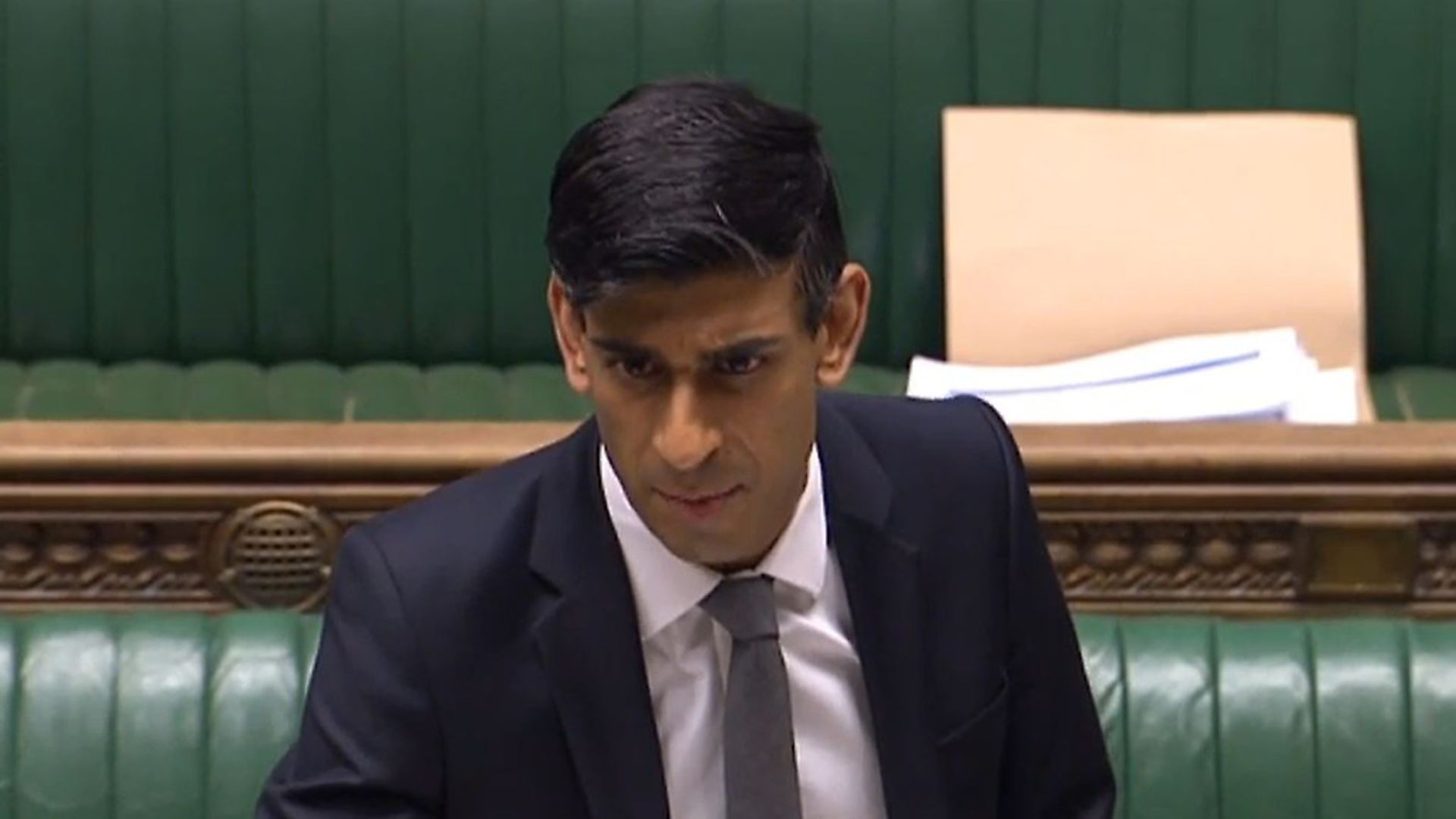
The UK economy could shrink by 35% in the coming months, according to Britain’s fiscal watchdog, but optimistically believes the economy will bounce back in 2021 when the Brexit transition ends.
In its first estimate of the economic toll taken by the coronavirus crisis, the Office for Budget Responsibility (OBR) said unemployment could hit 3.4 million his year, leaving around one in 10 of the working population without a job.
And public sector net borrowing could reach £273 billion in 2020-21, or 14% of gross domestic product (GDP), marking the biggest deficit since the Second World War.
It believes that there will be a 35% drop in GDP between April and June, working on the assumption that the lockdown will only last that period.
But the independent forecaster said, in this case, there will be a sharp bounce back in the economy, with gross domestic product likely to jump 25% in the third quarter and a further 20% in the final three months of 2020.
Have your say
Send your letters for publication to The New European by emailing letters@theneweuropean.co.uk and pick up an edition each Thursday for more comment and analysis. Find your nearest stockist here or subscribe to a print or digital edition for just £13. You can also join our readers' Facebook group to keep the discussion and debate going with thousands of fellow pro-Europeans.
The OBR’s report, which it stressed is a scenario-based analysis and not a forecast, lays bare the scale of the challenge to chancellor Rishi Sunak and the impact on the public purse.
It takes an optimistic view of the end of the Brexit transition period – still expected to end in December 2020.
The OBR said: ‘The net effect of the coronavirus impact and the policy response is likely to be a sharp (but largely temporary) increase in government borrowing that will leave public sector net debt permanently higher as a share of GDP.
‘However, the longer the period of economic disruption lasts, the more likely it is that the economy’s future potential output will be ‘scarred’ (thanks to business failures, cancelled investments and the unemployed becoming disconnected from the labour market).’
‘If that happens, the budget deficit would reverse less of its temporary rise as economic activity recovers, leaving the government to confront a larger structural deficit and not just higher debt.’
Chancellor Rishi Sunak told BBC News: ‘It’s clear this will have a very significant impact on our economy (in) common with economies around the world and it’s important that we’re honest about that.’
But he added: ‘The report makes clear that the actions we’ve taken, unprecedented actions will help to mitigate the impact of the virus on our economy.’
The OBR previously claimed that a no-deal Brexit could result in a £60 billion hit to the UK economy if it leaves without a deal.









